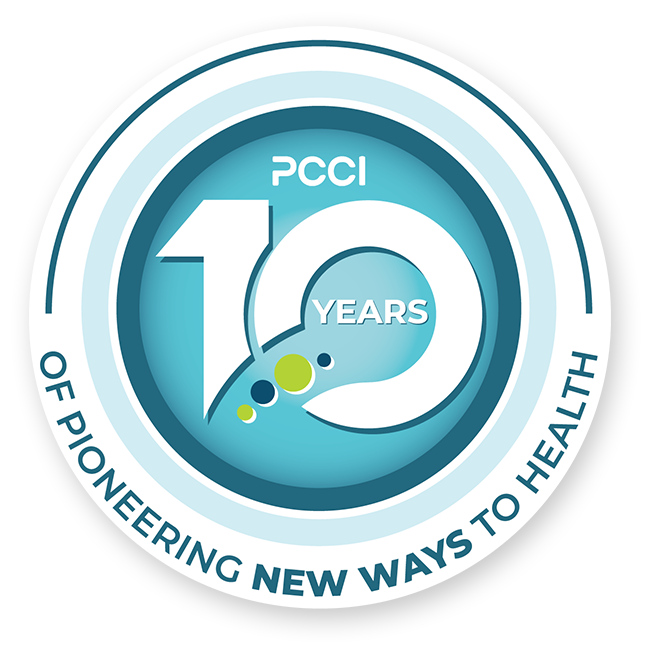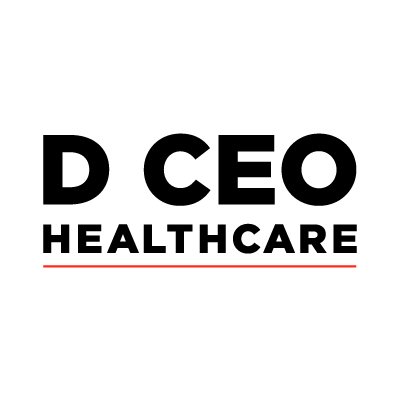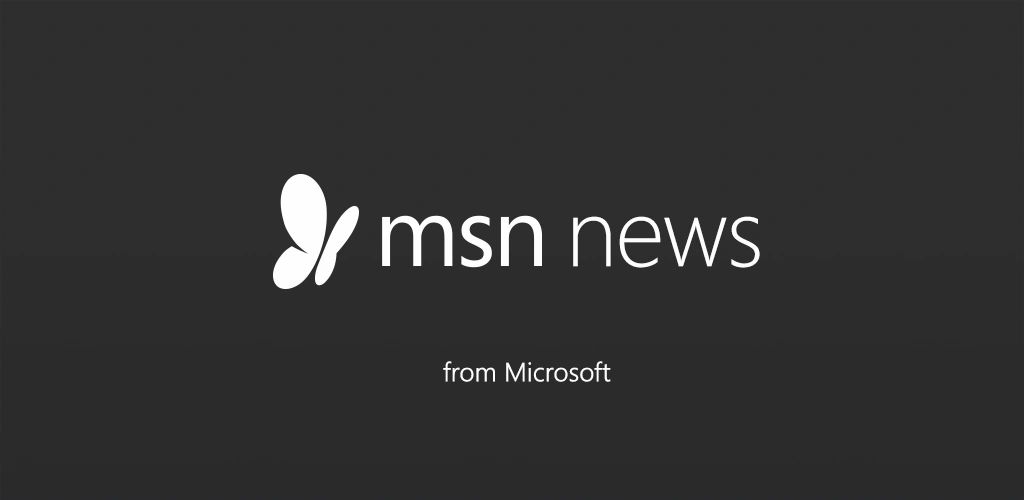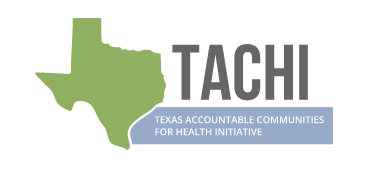Dallas, Texas – The Parkland Center for Clinical Innovation (PCCI), which is celebrating its 10th anniversary of delivering groundbreaking healthcare results that have pioneered innovation, has announced the promotion of Capria S. Dees, RN, MN, PHR, to Vice President, Talent Management.
 As PCCI’s Vice President of Talent Management and Compliance Officer, she serves as the human resource business partner, employee relations coordinator, recruiter, strategic business partner, Engagement Committee leader and employee immigration liaison. She is also the organization’s advocate for diversity and inclusion and has implemented numerous programs and events to progress PCCI’s mission to build a model, diverse workplace.
As PCCI’s Vice President of Talent Management and Compliance Officer, she serves as the human resource business partner, employee relations coordinator, recruiter, strategic business partner, Engagement Committee leader and employee immigration liaison. She is also the organization’s advocate for diversity and inclusion and has implemented numerous programs and events to progress PCCI’s mission to build a model, diverse workplace.
Dees, who has been with PCCI since 2017, has held leadership roles in talent management for the last 20 years. She began her career with Parkland Health in December 1999 as a nurse recruiter.
“Capria’s value to PCCI cannot be overstated,” said Steve Miff, PCCI’s CEO and President. “She is incredibly knowledgeable, effective and most of all, caring. She is a key leader at PCCI ensuring we attract and grow the highest quality and most diverse team. She then makes sure our culture of inclusion helps each of our employees reach their potential in a positive, innovative environment. Our organization has reached its heights of excellence thanks to the efforts of leaders like Capria.”
One of Dees’ most notable accomplishments is helping to establish PCCI’s Sachs Summer Scholars, one of the most prestigious internships in North Texas. The program, which started in 2019, offers opportunities for high school and college women to be immersed in the world of healthcare technology and data science. This is a showcase program for PCCI which will have its current class of interns present their program of work on August 11.
Capria earned a Bachelor of Science degree in nursing from Dillard University in New Orleans and a master’s degree in nursing from Louisiana State University Medical Center (New Orleans). She was honored as one of DFW’s Great 100 Nurses in 2017 and holds a certification in Human Resources. She is an active member of the Society for Human Resources Management and Alpha Kappa Alpha Sorority.
PCCI’s 10th Year Anniversary
This year, PCCI is celebrating its 10th anniversary as it continues to be one of the most important healthcare research centers in Dallas. PCCI is the winner of a D CEO 2021 Nonprofit & Corporate Citizenship Award, D magazine & Dallas Innovates’ Most Innovative Healthcare Award in 2021 and is on the D CEO magazine Dallas500 list of top businesses for 2020 and 2021. For more information about PCCI’s anniversary and how to join its efforts to expand equitable access to care, go to: www.pccinnovation.org.
About Parkland Center for Clinical Innovation
Parkland Center for Clinical Innovation (PCCI), founded in 2012, is celebrating a decade as a not-for-profit, healthcare innovation organization affiliated with Parkland Health. PCCI leverages clinical expertise, data science and Non Medical Drivers of Health to address the needs of vulnerable populations.
###











